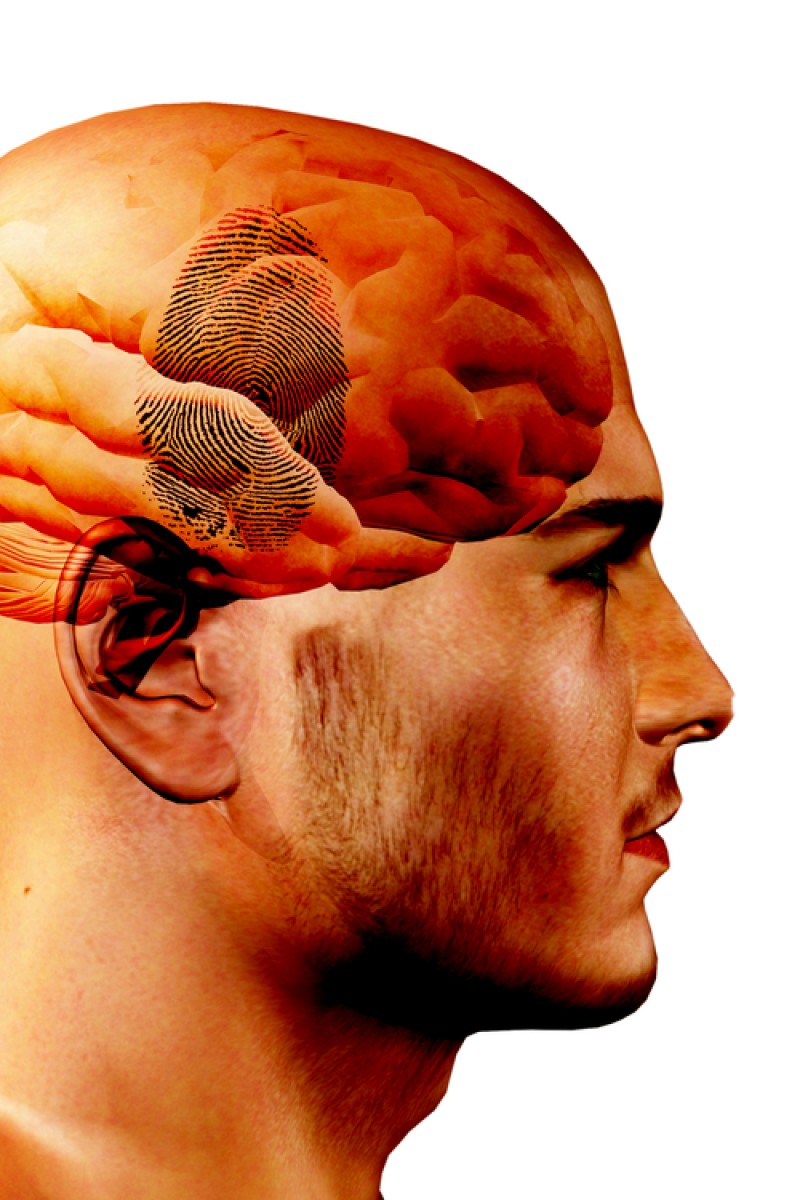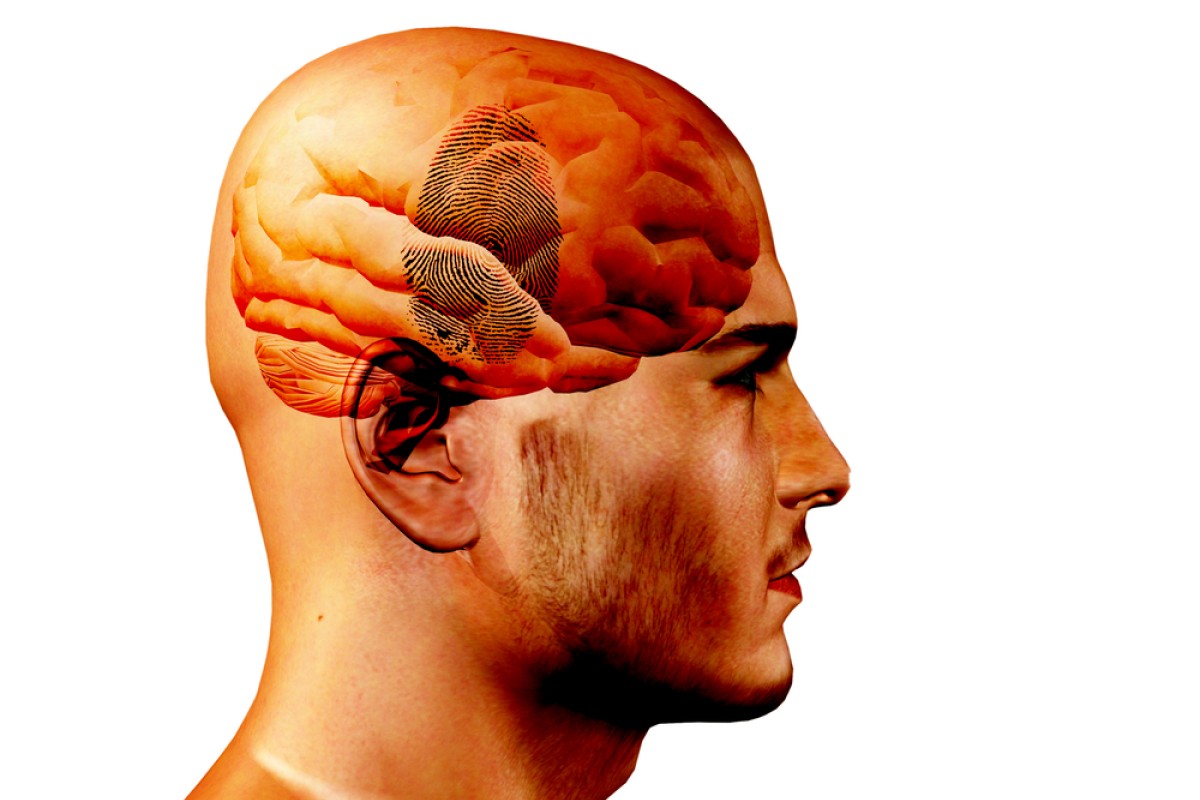
The “art” of criminal profiling started in the US with the FBI, but agencies around the world are starting to turn it into a science

From the brilliant deductions of Sherlock Holmes, to the 1990’s Hollywood blockbusters Silence of the Lambs and The Bone Collector, to popular TV series such as Profiler and Criminal Minds, the idea of “criminal profiling” (CP) has successfully caught the public’s imagination.
These programmes typically portray a team of FBI profilers with a “unique” set of skills to “see” the world through the eyes of serial murderers – without being psychics – and understand how the criminal mind works.
As a criminologist with a background in forensic psychology, I’m always entertained by how flawless the profilers in these programmes are when they are working their cases. But is this the reality of criminal profiling?
CP, which has steadily developed as a discipline over the past 40 years, is the practice of inferring the behavioural, personality, and demographic characteristics of offenders based on crime scene evidence.
The belief that profilers could accurately and consistently “predict” an offender’s characteristics based on such evidence is growing. Most of the skills employed are based on profilers’ extensive field experience and understanding of human behaviour.
However, it is interesting to note that CP has no compelling scientific evidence to support its reliability, validity and utility. So why do people still believe in CP despite its lack of scientific evidence?
In investigative profiler develops an offender’s profile in a similar way to how a doctor makes a clinical diagnosis and treatment plan. It involves brainstorming and intuition using scientifically unsupported methods.
So it’s possible that different profilers might generate different profiles for the same offender in question. Recent empirical queries into CP have found that their error rate often exceeds the accuracy rate.
Given the limitations of CP, why do people still trust in it? Several possible reasons exist. Most published accounts about CP rely on successful cases to illustrate how its usefulness. It is also likely that repeating the message that CP is an effective investigative technique leads to the CP illusion.
Overemphasis on correct predictions compared to incorrect ones could lead to the overestimation of the accuracy of the profile and its potential. And the myth that profilers are experts with specialised skills and knowledge beyond that of regular police officers might add to the perception that their opinions are trustworthy and reliable– the “expertise heuristic,” in which an expert’s views can always be trusted.
That said, is CP really that unreliable? Promisingly, efforts have been made to scientifically develop this technique over the years. As pioneering work in investigative psychology, CP has evolved from an “art” into a rigorous “science” based on increasingly rigorous empirical research.
The offending patterns and behavioural consistencies (or inconsistencies) of the offenders in a single or series of offenses are inferred through statistical methods. Indeed it is promising that the question of the validity and reliability of the offender profile is no longer a key criticism.
Nonetheless, more work needs to be done to establish a solid foundation for profiling research, to eventually move this field forward.